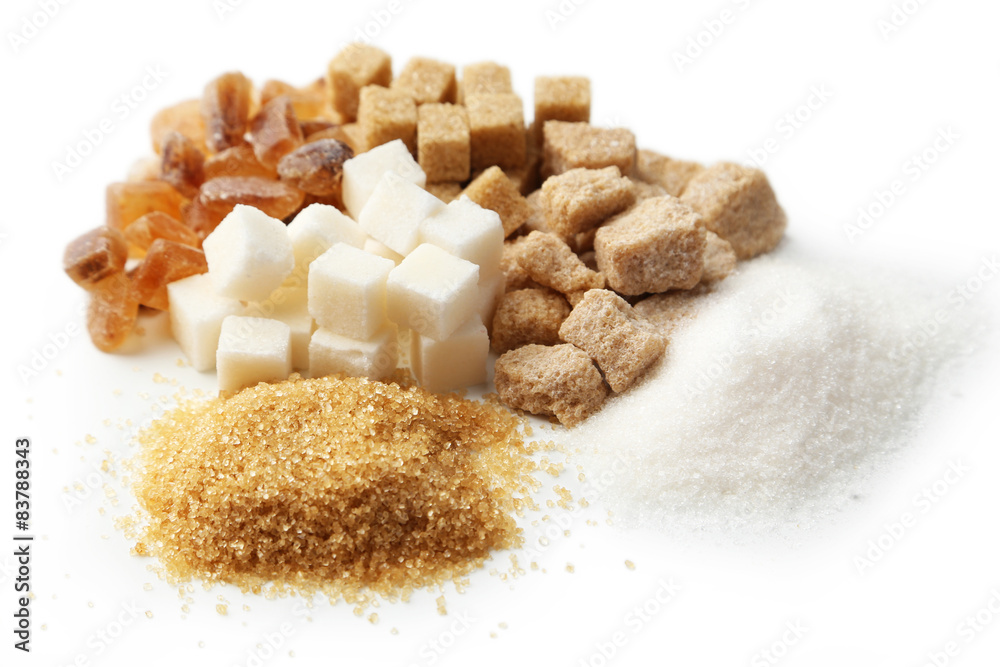Sugar tastes good. Those who dispute that are liars. But because life is unfair, sugar, particularly when consumed in large quantities, is extremely harmful to your health. In fact, it’s challenging to maintain the same perspective after you discover how sugar affects your body in so many different ways (despite knowing how heavenly it tastes).
How can you tell whether you are eating too much, then? Here are eight warning signs that your body is trying to tell you to consume less sugar.
- You have a persistent hankering for sweets.
You will crave sugar more as you consume more of it. The author of The Sugar Detox: Lose Weight, Feel Fabulous, and Look Years Younger, Brooke Alpert, M.S., R.D., tells SELF that greater desires lead to more sugar consumption, creating a vicious and addictive cycle. This is due to the fact that sugar gives you a high followed by a fall, much like an actual drug would, and not merely because your taste buds have adjusted and you need more and more to achieve the same taste. A high-sugar diet “triggers a hormonal response in your body that’s like a wave, it gets you up and then you crash down and it makes your body crave more sugar,” according to the author.
- You experience fatigue all day long.
What ascends must descend. Sugar always results in a drop after causing an initial insulin increase and that “high” feeling. Energy is most steady when blood sugar levels are stable, therefore when you consume too much sugar, your blood sugar swings cause swings in your energy levels, according to Alpert. Consuming a lot of sugar also suggests that you may not be getting enough protein and fiber, two essential nutrients for long-lasting energy.
- The breakouts on your skin won’t quit.
According to Rebecca Kazin, M.D., of the Washington Institute of Dermatologic Laser Surgery and the Johns Hopkins department of dermatology, “some people are sensitive to getting a spike in insulin from consuming sugar, which can set off a hormonal cascade that can lead to a breakout like acne or rosacea.” After a few days, the effects of a sugar binge can be seen on your face. Reevaluating your food is advised if your skin is unruly because otherwise “you may be treating skin for various concerns without getting to the bottom of what’s actually going on,” warns Kazin.
- Your mood is completely out of the ordinary.
You may experience mood swings and irritability after a sugar high due to the blood sugar plummet that follows. Needless to mention, having low energy just serves to worsen a lousy mood.
- You’ve gained a little weight recently.
Sugar contains too many calories, and because it lacks protein and fiber, it doesn’t fill you up (so you just keep eating it). It also causes the secretion of the hormone insulin, which is a major factor in the development of diabetes and weight gain. When we consume sugar, the pancreas secretes the hormone insulin, which transports the sugar to our organs where it may be used as fuel. Your body is instructed to generate more insulin when you consume a lot of sugar; over time, this excessive output may result in insulin resistance. Due to insulin resistance, our bodies are unable to adequately utilize sugar when exposed to even small levels of insulin.
- More cavities have been appearing in you.
Food particles between the teeth are consumed by bacteria, which produces acid, which leads to tooth decay. By itself, our saliva keeps a good mix of microorganisms, but ingesting sugar can affect the pH and upset the natural environment. As a result, the bacteria have a chance to flourish and proliferate, resulting in cavities.
- You often feel mentally cloudy, especially after eating.
This cloudiness is a typical sign of low blood sugar. When you consume a lot of sugar, your blood sugar levels increase and fall quickly rather than gradually. Improper blood sugar management is a significant risk factor for cognitive problems and impairment, claims Alpert.
- Nothing has the same sweetness it once did.
Alpert claims that consuming too much sugar “essentially bombards your taste senses.” “This sugar excess raises your taste buds’ sugar tolerance, requiring more sugar to sate that sweet yearning,” says the author. It can be challenging to lower your base level when your taste buds require a lot of sugar to feel like something is sweet enough. Yet, if you start out by cutting back and putting up with it, your tolerance will ultimately return and you’ll be happy with very little sugar. Even worse, you can come to think that things are excessively sweet for you and, gasp!, find that moderate sugar consumption makes you happier.

Leave a Reply